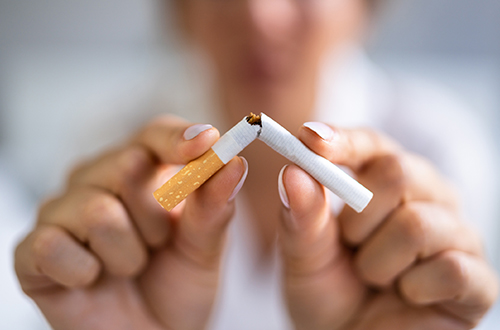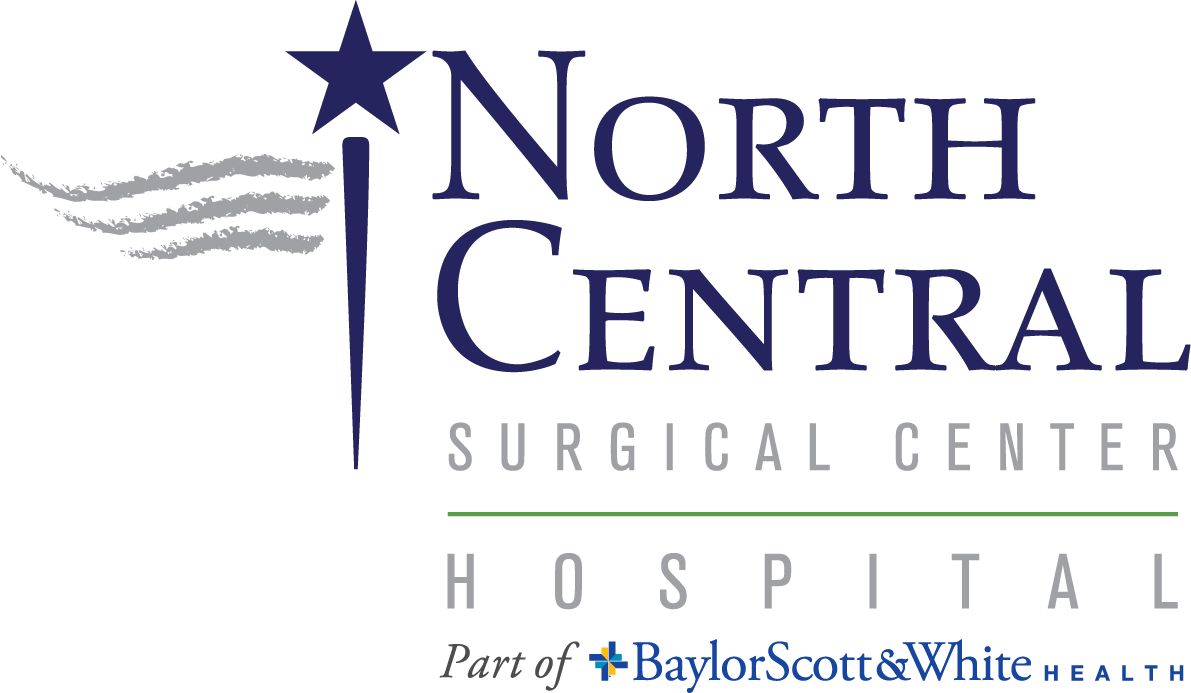
Did you know that just minutes after you quit smoking your body begins to heal? Studies show that moments after your last cigarette blood pressure, among other bodily functions, starts to return to normal.1
There is no lack of evidence supporting the dangers of smoking, but quitting any addiction is never an easy feat. Maybe you have tried to quit in the past, but your motivation and discipline weaned over time. If you have an upcoming surgery then now is the best time to quit! Here are 5 reasons why you should quit smoking before your surgery.
- Prevents healing: Proper blood flow is crucial for healing wounds. Blood carries oxygen to your organs and tissues, thus promoting healing. Smoking thickens the blood and narrows blood vessels which inhibits healthy amounts of oxygen from reaching wounds.
- Increases risk of infection: Blood contains cells and antibodies that fight infection. Smoking restricts proper blood flow which affects your body’s ability to fight off infection.
- Negatively affects anesthesia: When you smoke, the lungs don’t perform optimally. In smokers, the lungs remain irritated.This causes the anesthesiologist to work harder to keep the patient breathing during surgery.
- Increases the risk of blood clots: Blood clots are always a potential risk of any surgery but smoking greatly increases the chance of blood clots. Blood is thicker making it more difficult for it to flow freely. Smokers are at higher risk for heart attack, stroke, and pulmonary embolism.
- Increases Inflammation: Smoking contributes to increased inflammation. Chemicals contained in cigarettes are highly inflammatory. Extensive inflammation can delay healing and cause an increase in pain.
If you are facing surgery in the future, now is the time to quit smoking. If you’ve ever lacked motivation or determination, knowing the facts of how smoking affects your surgery can be just what you need to quit and never go back. Talk to your doctor about the various aids you can try to help you kick the habit.
At North Central Surgical Center, our mission is to treat each and every one of our patients and their families as if they were our own family members. Each patient, each family, each and every time.
1. https://www.healthline.com/health/what-happens-when-you-quit-smoking
